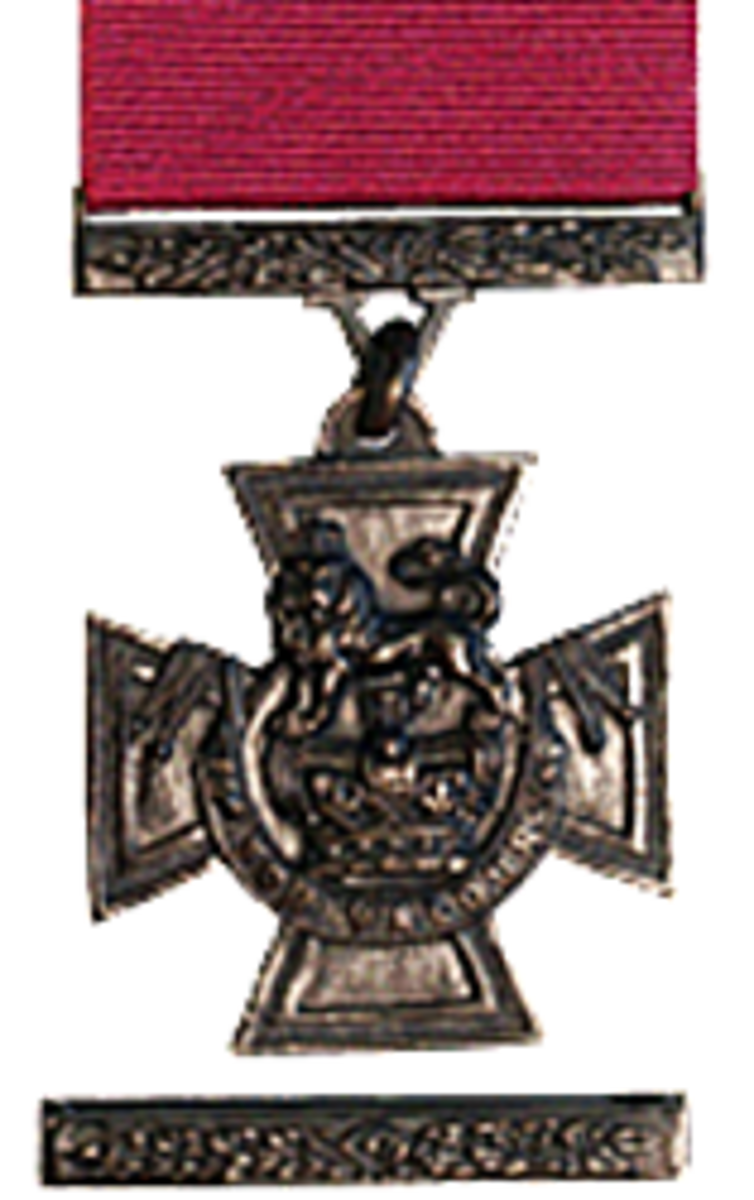The Art Of War Philosophy
I recently finished the most well regarded war philosophy text, The Art of War , by Chinese general Sun Tzu who lived from 544—496 B.C.. I found it very interesting, for at one time I had considered working for the federal government in the area of defense and security. Furthermore, before I learned I had diabetes I had considered joining the military, and even after I had diabetes, I continued desiring joining the military and knew I would join if I was ever cured. Of course, now I recognize that the majority of the time the government does not use the military for defense and security. Often times the military is used to initiate force instead of defending America. Of course, I do recognize that some people the U.S. military has attacked are vicious; however, attacking those individuals is not the authority of the U.S. military. The purpose of the U.S. military is to defend Americans' natural rights not the natural rights of any other individual.
This appears to be a contradiction because everyone has the same natural rights, hence natural, yet I believe the institution whose purpose to protect natural rights should only protect certain individuals natural rights. However, there is no contradiction. The U.S. military's purpose is to protect Americans' natural rights. The Rwandan militiary' purpose is to protect Rwandans' natural rights. If the Rwandan military violates Rwandans' natural rights, the Rwandan military is acting viciously and contradicting its own purpose. The U.S. military does not contradict its purpose and does not act viciously if it does not assist the Rwandans; however, it does contradict its purpose and does act viciously if it assists the Rwandans. Ultimately, the U.S. military would be initiating force against the Rwandan military because the Rwandan military, though it initiated force against Rwandans, did not initiate force against Americans. In order for U.S. military force to be defense force it must respond to the initiation of force against Americans. Responding to the initiation of force against any other group does not make the U.S. military's use of force one of defense.
However, this has little to do with The Art of War , of course, Sun Tzu does recommend that the military behave rationally selfish. He argues similarly that the military is to protect a specific state and should not embark on extracurricular activities. Of course, I would argue the military's purpose is not to protect the state, but its select individuals natural rights.
Sun Tzu also does not argue that a military should initiate force. From reading The Art of War I have a general sense that at the time Sun Tzu wrote this, several Chinese states were warring and competing with one another. Therefore, Sun Tzu definition of a just invasion probably includes initiating force against an opponent state when that state is weak even though that state has not initiated force. Sun Tzu, of course, is wrong. That state should not be attacked. However, if state A initiates force against state B, then state B would benefit from following Sun Tzu recommendations. Basically, one should only read Sun Tzu's The Art of War to know how to defend one's self.
At it's foundation, The Art of War 's theme is that "all warfare is based on deception." I would have to agree, and I would argue that it is perfectly virtuous for a defender to deceive his attacker in any way, so as to be victorious, meaning to defend one's self, to achieve security, to avoid the death the attack is threatening him with. There is a fantastic section where Sun Tzu basically argues that if one is far away, make the enemy think one is close, if one is about to attack, make the enemy think one is not going to attack, if one is close, make the enemy think one is far away, if one is not going to attack, make the enemy think one is about to attack.
This basic idea also expands to where Sun Tzu recommends one should attack the enemy. Everyone considers attacking the enemy basically head-on, while Sun Tzu recommends attacking weakly defended locations far from the enemy's current position. For example, if the enemy has a strong base, and then several miles away is a weakly guarded outpost, train station, airport, depot of supplies, etc. the second location should be attacked. According to Sun Tzu, once the enemy knows that place is being attacked, it will rush from its camp to the attacked location. By rushing the enemy is weakened; therefore, one should continuously attack weakly guarded distant locations. Consequently, one will usually be victorious because he is confronting few soldiers; therefore, few one's own soldiers will die, the location will be captured, and the enemy will rush to the attacked location and thus become weak. Eventually, the enemy will be so weak from rushing around, it will be suitable to attack him. In the end he will be defeated, and few of one's own soldiers will be lost.
Another interesting concept of Sun Tzu's is that one may know how to attack, yet not be able to attack. Constantly, Sun Tzu states that only the opponent chooses when he may be attacked. This is because only the opponent can make a mistake, and only when the opponent makes a mistake may one attack him. By making a mistake the opponent weakens himself, and presents the possibility of a defeat with very few deaths of one's soldiers. However, Sun Tzu states one should not attack the opponent even if he has presented a mistake if one does not know his own army. If one does not keep his army well supplied, well fed, well rested, well disciplined, any attack even in the face of an opponent's mistake will be futile. In short, one should know his self, and one should not his enemy.
Additionally, one should know the terrain, surroundings, environment. Sun Tzu states at one point if one knows the enemy, yet does not know his self, one is half way to victory. If one knows his self, yet does not know the enemy, one is half way to victory. If one knows his self and knows the enemy, yet does not know his surroundings, one is still only half way to victory. Basically, a combination of the surroundings and the enemy's mistake and the condition of one's army determine which form of attack is most efficient, meaning which destroy as many enemy soldiers while losing as few of one's own soldiers.
Also, in a few small sections Sun Tzu states that soldiers should not be allowed to practice rituals or follow superstitions. According to Sun Tzu, then nothing will be feared as an omen, the only thing that will be feared is death. Though Sun Tzu does not say that omen's are false, he certainly does imply it. If the omen's had any truth to them, Sun Tzu would certainly want the general to be aware of them so as to battle efficiently. If an omen basically stated the next time the general issues an attack all his soldiers would die, the general should certainly adhere to it, if it is true. By recommending that no soldier adhere to any omen, superstition, ritual, etc., Sun Tzu basically states they have no truth to them.
This is echoed by Sun Tzu's major theme second only to deception; victory is in one's hands. Though Sun Tzu does state that only the enemy can choose when he is attacked, for only he can choose to make a mistake, Sun Tzu does not allow anyone to claim natural disasters, superstitions, or the enemy's attack as causes for one's own defeat. According to Sun Tzu, the environment needs to be understood so as to know what to avoid, what to utilize, and how to utilize it. A flood could wipe out one's own troops, or one can determine a way to bait the enemy into the flood, while keeping one's own troops out of the flood. Superstitions, as previously stated, are implied to be false. Finally, since the enemy chooses when he makes a mistake; thus, choosing when me may be attacked, one chooses one's own mistakes; thus, one chooses when the enemy attacks. Essentially, Sun Tzu emphasizes a strong person responsibility, and an adherence to reality and truth. Though he is lacking in other philosophical areas, for example when it is virtuous and when it is vicious to use force, Sun Tzu does understand what is correct and incorrect to do once one is in a conflict. However, as I just stated, Sun Tzu does not make clear who is virtuous and who is vicious; therefore, he does not state that the vicious general should surrender, while the virtuous general should persevere until the vicious general surrenders. However, if one approaches Sun Tzu's recommendations from the point of the virtuous defender, his recommendations are very useful and almost correct. Unfortunately, Sun Tzu's work is not absolutely correct. It has false points because his philosophy of war is only concerned about war itself. It is not structured around a completely philosophy concerned with truth and morality, yet, astonishingly, many of his points are virtuous and correct, as long as they are approached from the defender's point of view.
- Proud to be a Pakistani
Pakistan is facing such an identity crisis right now, that it is essential for our generation to understand why this country - Al-Qaeda leader Osama Bin Laden dead - Obama
Al-Qaeda founder and leader Osama Bin Laden has been killed by US forces in Pakistan, President Obama has said.








